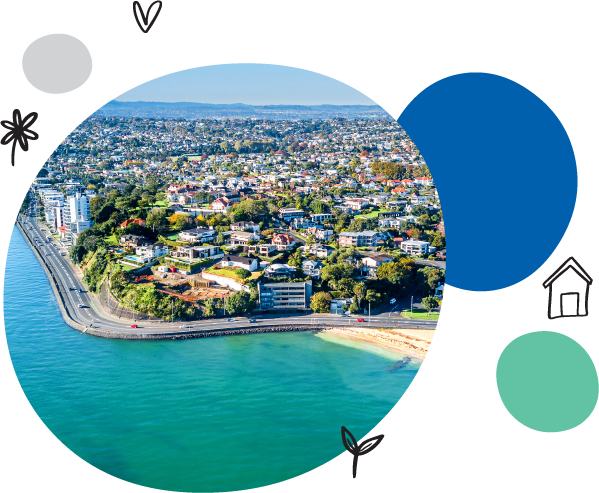Investment Property
Why is investing in property a good idea? Well, property investment is about building a better future. Property, in the long run, will always hold its value. It can be a steady source of income, lends stability to your portfolio, and allows leverage at low risk.

“90% of all millionaires become so, through owning real estate.”
– Andrew Carnegie
Let’s start with equity. It’s a word thrown around in the property industry, but what does it really mean? Home equity is the difference between the market value of your property and the amount still owing on your home loan. So, if the market value of your home is more than the amount you owe, you may be able to use this to get a loan.
If your home is valued at $1,000,000,
and your mortgage is $800,000,
then your home equity is $200,000.
The next step is the LVR. Loan to Value Ratio. This is calculated by dividing the amount of your home loan by the value of the property being used as security. So, using the same numbers in the above example…
If your mortgage is $800,000,
divided by the current value of $1,000,000,
equals 0.80. Times that by 100 and you get 80% LVR.
The lower the LVR, the lower the risk to the lender. Over 80% is more of a risk, but the rates are different for owner-occupiers and investors, and of course, the restrictions can change.
So here at Hastie Mortgages, we look at your equity, how the LVR limits impact, and which lenders are going to be appropriate for your situation.
Mostly, an investment property is a Kiwi retirement planning vehicle. In the past, it’s been a tax-effective way of creating an asset for yourself. And, as mentioned, property is the only asset around where you can leverage the asset – put a little bit in (the deposit) and you are able to control a more valuable thing. It really is the leverage that allows you to accelerate your return, because you get all the value increase in it, by only putting in the deposit.
There are a few options to increase your borrowing for a second house, not just using your equity. There’s revolving credit, using multiple lenders, whether you live in it or not, increasing existing payments in the short term, etc. Which one is right for you? Well, that’s a discussion to be had with the details of history, the current situation, and your goals.
Not all debt is bad, there is such a thing as good debt. Especially debt that goes on to make you money. If you purchased a property today with a debt of $500,000, think about what the property will be worth in 10, 20, or 30 years.
“Don’t wait to buy real estate, buy real estate and wait.”
– Russell Sage
The first question to answer is whether you have the financial capacity to become a property investor. And then how much capacity you have. The most common reason people choose not to invest is that it’s too much of a risk. However, whilst no one can eliminate risk, by asking the right questions and providing sound advice, you can reduce it.
It all comes back to; you don’t know what you don’t know. So please reach out to anyone from the team at Hastie Mortgages and we’ll get a conversation started to set you up for success.
Talk to Us 
Got questions? No worries, there aren’t many we haven’t heard before – get in touch and ask away.
